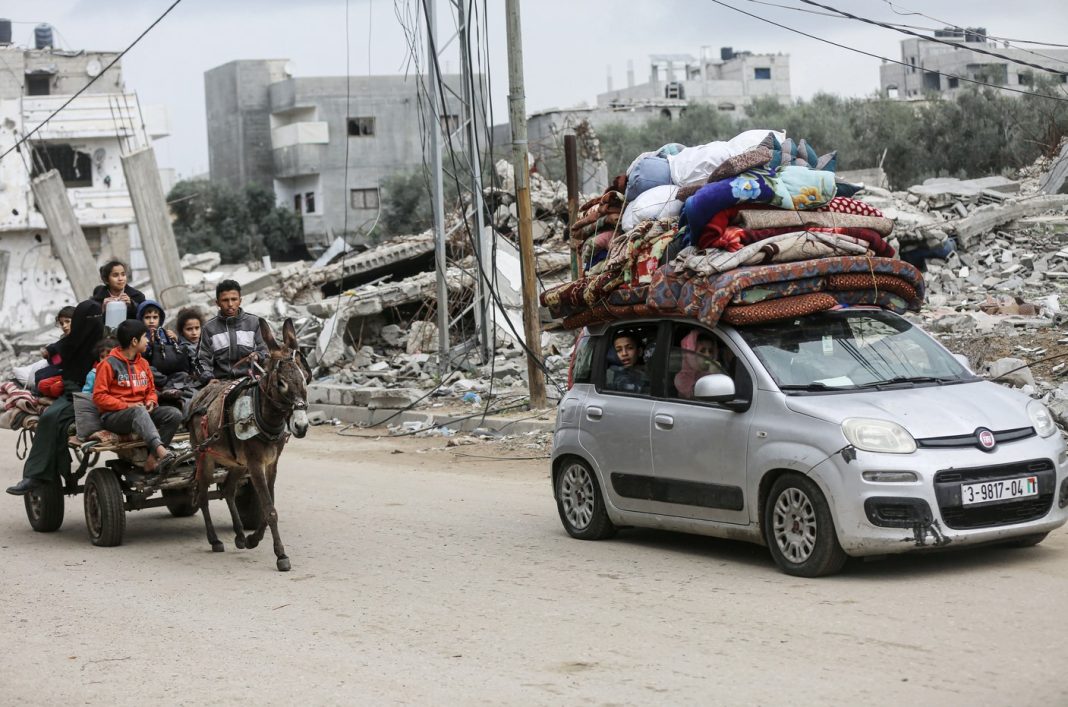“Israeli occupation continues to prevent the entry of cooking gas and various types of fuel into the Gaza Strip for the seventh month, especially for Gaza City and the northern governorates, which threatens to exacerbate the humanitarian and health crisis amid the ongoing aggression,” head of the Gaza Media Office Salama Marouf said.
He added: “Palestinians in Gaza rely on primitive alternative means by igniting fires from wood, charcoal, and building rubble leftovers, resulting in hundreds being affected by respiratory diseases due to the use of plastic and chemical materials to ignite fires, emitting toxic gases.”
“Hundreds of new cases have been recorded, afflicted with various respiratory diseases, due to relying on igniting fires using the mentioned methods for long hours daily over the past months,” Marouf also stated.
He warned that this “forebodes the increasing severity of this crisis and the citizens’ susceptibility to lung cancer and respiratory diseases due to the toxic gases emitted from these means.”
He called on the international community to “pressure the (Israeli) occupation to allow the entry of cooking gas.”
Since the beginning of the Israeli war on the strip, Israel has been preventing the entry of cooking gas into northern Gaza areas, while allowing limited quantities into southern Gaza areas.
Flouting the International Court of Justice’s provisional ruling, Israel continues its onslaught on the Gaza Strip where at least 34,000 Palestinians have been killed, mostly women and children, and 76,900 injured since Oct. 7, according to Palestinian health authorities.
The Israeli war has pushed 85% of Gaza’s population into internal displacement amid acute shortages of food, clean water, and medicine, while 60% of the enclave’s infrastructure has been damaged or destroyed, according to the UN.
Hostilities have continued unabated, however, and aid deliveries remain woefully insufficient to address the humanitarian catastrophe.
